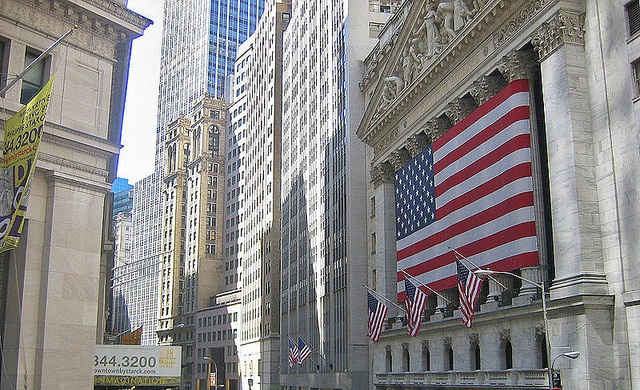The rally in the stock market extended yesterday, the FTSE 100 rallied above 7600 fueled by the declining GBP/USD and rising S&P 500. The S&P 500 is at new all-time high below 3000. The combination of rising S&P, declining GBP/USD is bullish for the FTSE 100. I have been expecting a rally in GBP/USD but the UK economy keeps disappointing. The latest data was weak again and the pound dropped. UK services PMI was weak, this comes after weak construction PMI and a weak manufacturing report. Naturally the pound is suffering and this is boosting the FTSE. No wonder the FTSE is above 7600. However, the pound is also influenced by the dollar, if the dollar goes down as I suspect this will lift GBP/USD.

The dollar should go down because economic activity in the US is slowing too and expectations of a rate cut / added stimulus are rising which is bearish dollar. One of the reasons the S&P rallied sharply in the last few days is hope the Fed will go back to QE (stimulus) to help the economy. Yesterday Trump complained that China and Europe were pumping money into their system. He said USA should match them, that was a hint the Fed should do QE. It is a strange world we live in, the S&P is at all-time high while the economy is decelerating. Twenty years ago a decelerating economy was accompanied by declining stock markets. What has changed? The Fed’s policy of course. This policy has created a huge asset bubble in various markets, when the bubble pops the Fed will be blamed for the crisis. So far and after the first experiment with QE, there is no proof that stimulating the economy with new money leads to a healthy economy. That is the great paradox.
QE gives investors a short term boost, but in the long term it does not help the economy. QE is a tool to fight deflation and it worked. After 2009, the global economy was decelerating fast, deflation was the main threat. The bursting of an asset bubble is deflationary, central banks had no choice, they had to intervene with vast amount of stimulus to stop deflation. They succeeded but at what cost? Today the economy is still struggling, look at the amount of negative yielding bonds around the globe, that is not a healthy sign. If the Fed does QE we will back to square one, and the economy will continue to decelerate. The question is how long can they keep the S&P at artificially high levels? You either play their game and buy or wait patiently until the dominos start to fall. Right now it is tempting to buy, but history tells us otherwise. Many indicators are flashing sell, so it is not the time to buy. There will be an opportunity to buy in the fourth quarter this year, after a major correction.
Thierry Laduguie is Trading Strategist at www.ftse100trading.uk


















